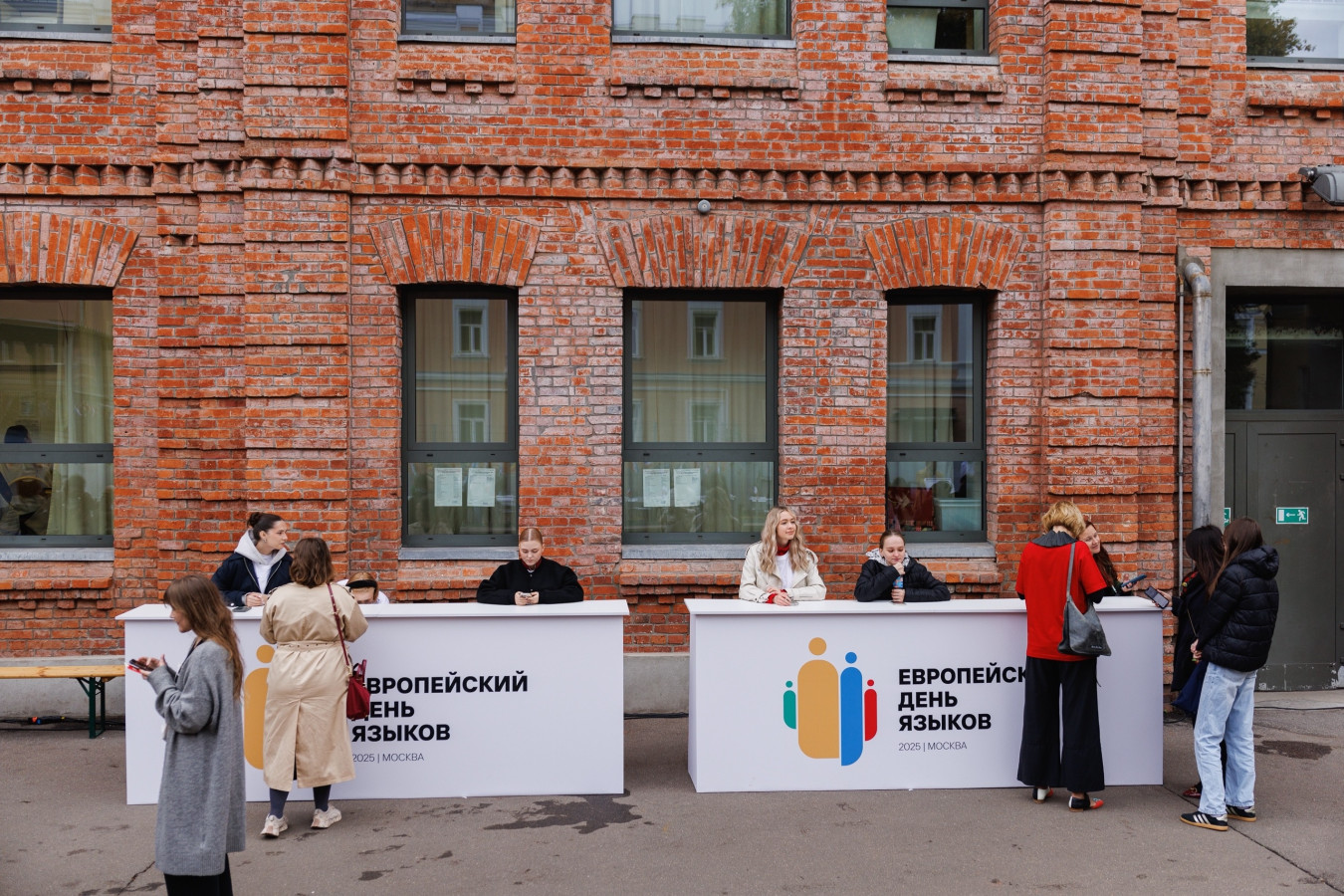Egis’s website uses cookies to run our website, improve the user experience and monitor the activities. You can customize the use of the cookies by adapting the settings.

The festival took place at the Lycée Français Alexandre Dumas in Moscow and brought together representatives from 27 European countries and 24 languages. The program featured language lessons, speak dating with native speakers, workshops, lectures, a book swap, VR activities, national dances, and cultural activities for children.
The Hungarian program and exhibition stand was supported by Egis and OTP Bank was supported the Hungarian program and exhibition stand as official partners.
Festival participants had the opportunity to explore European languages, interact with teachers and native speakers, and learn more about the cultural life of European countries. Special attention was given to the children’s program, which included interactive sessions, creative workshops, and trial lessons.
Throughout the day, guests immersed themselves in the atmosphere of the Hungarian language and culture through a series of engaging activities.
An additional online lesson was held by the Paprika School, where participants practiced talking about their preferences and hobbies and explored the nuances of Hungarian grammar.
Supporting such initiatives is part of Egis’ cultural and social mission, aimed at fostering an open, multilingual, and inclusive society. We are proud to be part of events that bring people together through culture, education, and dialogue.
The European Day of Languages in Moscow is a unique opportunity to discover various European languages, cultures, and traditions all in one place. Visitors can learn useful and interesting words and expressions, interact with native speakers, play traditional games, and explore the work of language and cultural centers.
The European Day of Languages is celebrated annually on September 26. The event highlights Europe’s rich linguistic and cultural diversity, reminds us of the friendly ties between nations, and encourages active language learning.
The festival is organized by the European Union National Institutes for Culture (EUNIC) with the support of the Delegation of the European Union to Russia.